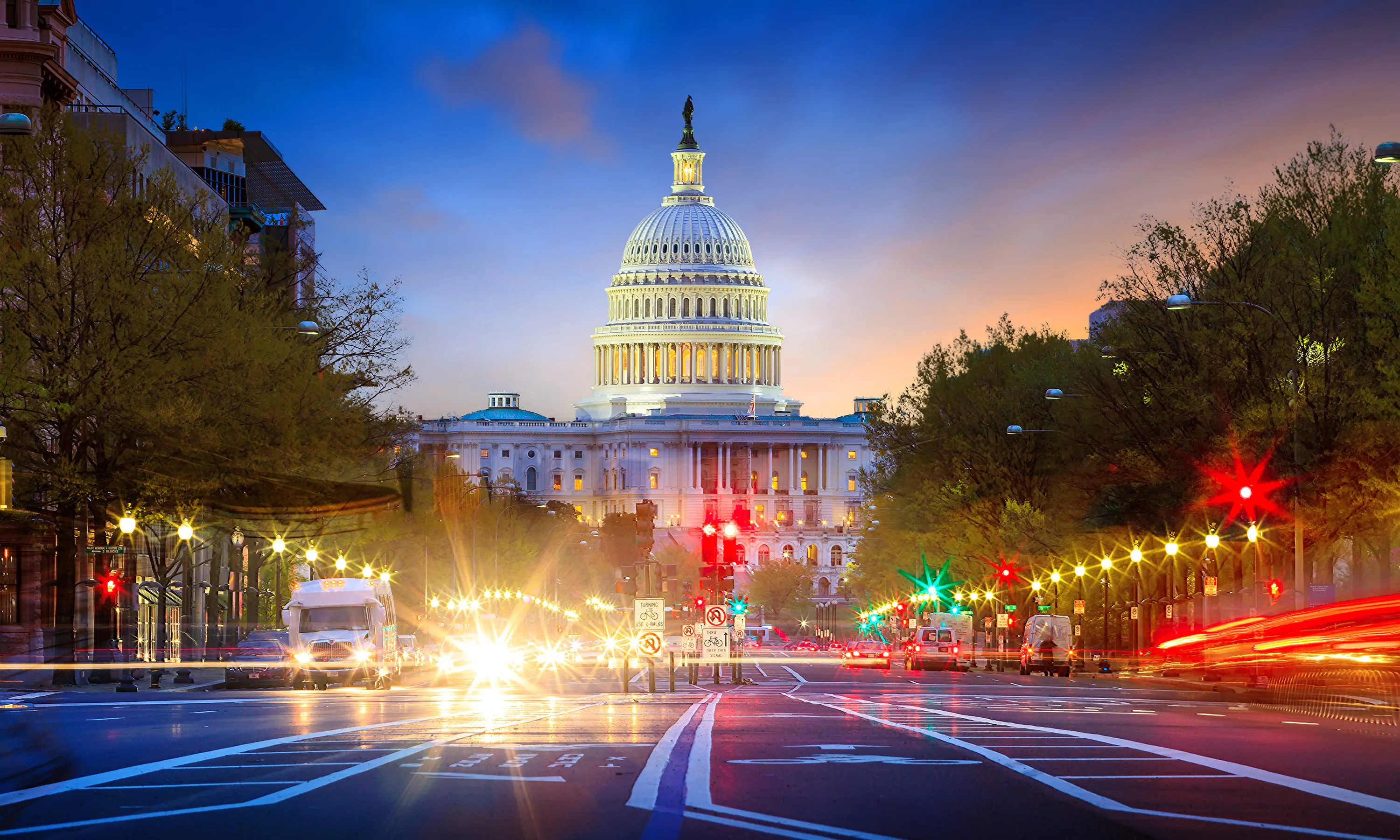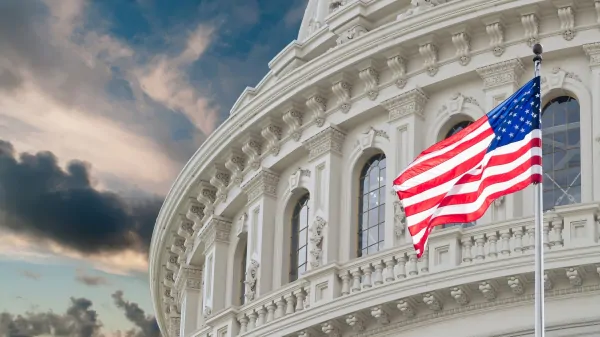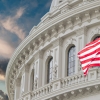As COVID-19 rages in Alabama and across much of the country, and after months of inaction, Congress on Monday passed a $900 billion coronavirus aid package. President Donald Trump reluctantly signed the measure late Sunday.
Summaries of the package released by Congressional leaders from both parties Sunday detail how legislators planned to provide aid to struggling individuals, businesses and critical programs.
The legislation is the first such aid package passed since the spring.
Notably, the bill extends the deadline for states to spend CARES Act funds until Dec. 31, 2021. States previously had to spend that money by the end of 2020 or any remaining funds would be redirected back to the federal government.
How it would help individuals
The legislation provides $600 direct payments to adults and children. Those payments would decrease for those who earned more than $75,000 in 2019, and those who earned more than $99,000 would not receive any payments.
Unemployment benefits of up to $300 per week will be extended through March 14. It would also extend the Pandemic Unemployment Assistance program — with expanded coverage to the self-employed, gig workers and others in non-traditional employment — and the Pandemic Emergency Unemployment Compensation program, which provides additional weeks of unemployment benefits to those who exhaust their regular state benefits.
The moratorium on evictions is extended until Jan. 31. It was set to expire at the end of the year.
The bill also establishes a $25 billion program to provide aid to renters impacted by COVID, which families could use toward past due rent, future rent payments, and to pay utility bills and prevent shutoffs. Some $800 million would be reserved for Native American families.
How it would help businesses
The bill includes more than $284 billion for first and second forgivable Paycheck Protection Program loans, loans for very small businesses and loans through community-based lenders like Community Development Financial Institutions and Minority Depository Institutions, and expanded PPP for nonprofits, including local newspapers, TV and radio broadcasters.
There is also $20 billion for Economic Injury Disaster Loans for businesses in low-income communities, $3.5 billion for continued Small Business Association debt relief payments, and $2 billion for additional SBA lending.
The bill also includes $15 billion for live venues, independent movie theaters, and cultural institutions.
An additional $10 billion is set aside for the child care sector through the Child Care and Development Block Grant program.
How it would help schools
The bill sets aside $82 billion for public colleges and K-12 schools, $4 billion for private K-12 schools and $1.7 billion for HBCUs, tribal colleges and minority-serving institutions.
How it would bolster vaccinations and COVID-19 mitigation efforts
The bill provides $20 billion to buy vaccines, $9 billion to the CDC and states to distribute vaccines and more than $3 billion for the strategic national stockpile, including $300 million for high-risk and underserved areas for distribution, including communities of color.
An additional $22 billion is to be sent to states for testing, contact tracing and mitigation programs, with $2.5 billion for grants specifically targeted at needs in communities of color and rural communities.
The bill also sets aside $4.5 billion in mental health funding, $9 billion in support for health care providers, more than $1 billion for the National Institutes of Health to research COVID-19 and $1 billion to the Indian Health Service to carry out these services.
How it would help the transportation sector
Lawmakers also agreed to set aside $45 billion for transportation, including $16 billion for airline employee and contractor pay, $14 billion for transit, $10 billion for state highways, $2 billion for intercity buses, $2 billion for airports and $1 billion for Amtrak.
Other details
The bill directs $13 billion toward increasing food stamps by 15 percent and to provide funding for food banks and senior nutrition programs. The bill also dedicates $614 million for nutrition assistance for Puerto Rico and the territories.
Lawmakers agreed to set aside $3.2 billion to provide access to broadband for low-income families, $1 billion for a tribal broadband fund, $250 million for telehealth, $300 million for broadband in rural areas and $65 million to map broadband so the federal government can best direct aid to where it’s needed.
The bill also directs $1.375 billion for President Donald Trump’s border wall with Mexico.
It also includes a tax break for corporate meal expenses, often called the “three martini lunch” deduction. The measure has long been supported by Trump. According to The Washington Post, which cited a Democratic aide who spoke on the condition of anonymity, Democratic leaders agreed to the tax break in exchange for Republicans agreeing to expand tax credits for low-income families and the working poor in the final package.



















































